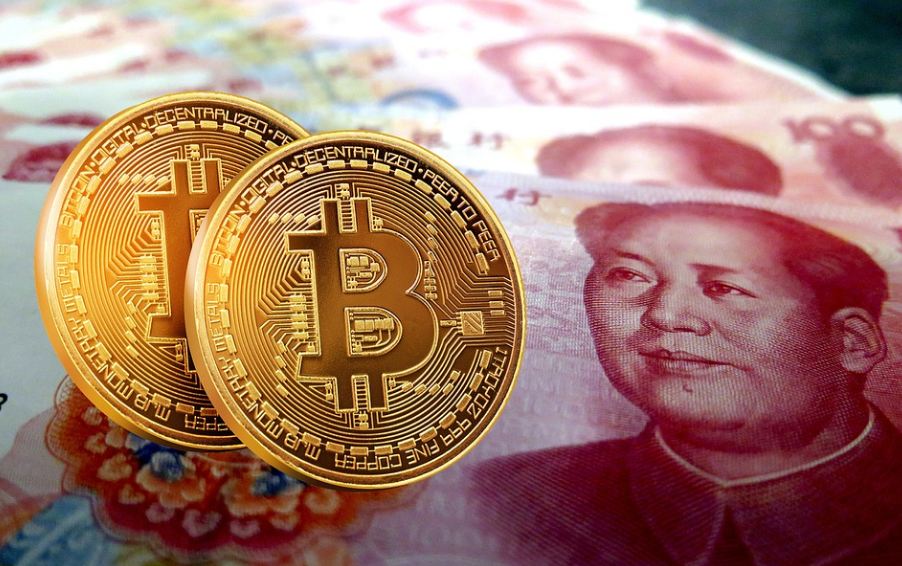The digital Yuan is designed to be a reserve currency that people can use to settle cross-border electronic payments, significantly reducing the need for international settlements. In theory, everyone will adopt digital ledger systems, and cryptocurrencies will finally go mainstream. If you want to know more about Digital Yuan, check out how China’s Digital Yuan works.
But what industries might CBDCs disrupt? Which stable economies are most vulnerable? And which are best positioned to use this new technology to their advantage? Digital Yuan, or the digital currency introduced by the People’s Bank of China, is likely to change the world’s financial infrastructure.
Digital Yuan will disrupt transaction processing, clearing and settlement and drive down costs for massive industries such as remittance providers. Remittances are currently dominated by major providers such as Western Union, but many smaller companies could enter this business with a cheaper option available.
People will also disrupt several other industries, including insurance companies, which have struggled with blockchain technology and smart contracts. The benefits of CBDCs that people can embed in intelligent contracts mean that people could revolutionize insurance. Insurance will also become more cost-effective for consumers as there is no need to underwrite policies when using digital currencies.
Other industries likely to see disruption include investment banking and asset management, which will move away from an intermediary model toward a decentralized system. Still, other industries, such as payments and credit cards, will likely see their current business models disrupted by the widespread adoption of CBDCs. Let’s explore the industries that CBDC can disrupt.
Healthcare
According to the World Health Organisation (WHO), in 2015, 17.3 million people died from non-communicable diseases (NCDs) – up from 12.7 million in 1990. These diseases include diabetes, cardiovascular disease and cancer and NCD deaths are predicted to rise by 70% by 2030. The WHO estimates healthcare costs for NCDs make up around 80% of most countries’ annual health expenditures, with the highest costs being seen in low- and middle-income countries.
However, with the help of digital money, this is likely to change. With a better way of accessing patient and provider data, many of these issues could be reduced by people through better record-keeping and more effective diagnoses. Digital Yuan in china is already being used by several prominent healthcare providers who have developed a mobile payment app for the healthcare sector. This app lets patients pay for medical services directly from their bank accounts. Healthcare can also be disrupted by the adoption of CBDCs, which can help with records management, improve patient safety, and change towards an electronic medical record that people across different systems can share.
Banking
The banking sector will likely see disruption at both a transaction and clearing level by digital Yuan currencies. Banks need help designing current digital currencies, especially regarding the transfer of value. The volatility of Bitcoin and Ethereum has prevented their widespread adoption as a means of both payment and store of value. However, the introduction of the digital Yuan is likely to change this as people can use it for such purposes.
The way CBDCs will disrupt banking will depend on whether banks are ready to open up their services to CBDCs or look at CBDCs as competitors against existing services. Digital Yuan will allow banks to offer better cross-border solutions that could replace current electronic payment systems such as SWIFT or ACH which are both relatively costly and slow.
Insurance industry
The current digital currency landscape has seen little impact on the Insurance industry, with most companies still stuck in an intermediary model of offering their products. However, the adoption of digital currencies could be disrupted as these new blockchain-based intelligent contracts allow for decentralized insurance services. With no need for an intermediary, much of the instability of insurance contracts and high costs are removed.
Government services
Implementing CBDC could also benefit government services by simplifying administrative processes and opening transparency to its citizenry. Many governments worldwide suffer from inefficient service delivery, and many calls are made to the government to improve administrative systems through digitization, and digital Yuan can help in this regard.
Voting
Implementing CBDCs will likely disrupt the voting process in several countries. Where people can implement digital currencies, there will no longer be a need to show up at a polling station as the user can cast votes remotely. It will also improve transparency and allow quicker results that are not subject to human error or tampering.
Law firms
According to reports, law firms worldwide have already started embracing blockchain technology, with over 100 law firms investing in DLT-related solutions and 80% planning on integrating blockchain into their business processes by 2018. It could be due to several factors, with the financial services industry being one primary driver in this trend. The need for a more efficient process has seen a significant move on the part of law firms, with 70% of law firms globally using digital currencies in some form.
CBDCs also allow for better coordination and tracking between different branches of legal services, as well as facilitating faster resolution times to legal issues and disputes.
Tourism
Users will likely disrupt tourism because it will no longer require local currency when entering China. But, on the other hand, it could allow tourists to spend more time visiting other parts of the world rather than having their spending restricted by government fiat currencies linked to inflation rates.

